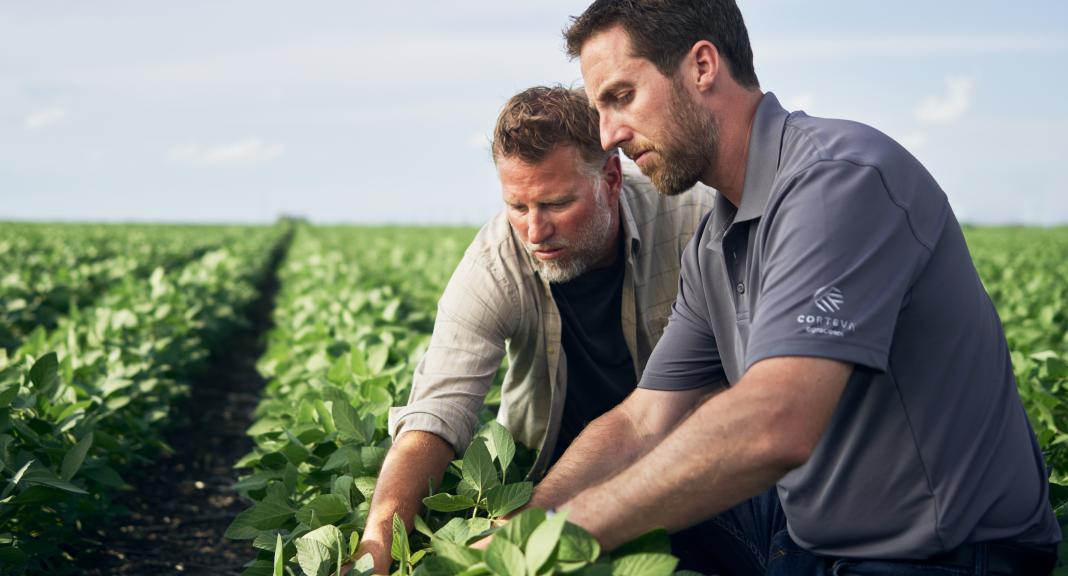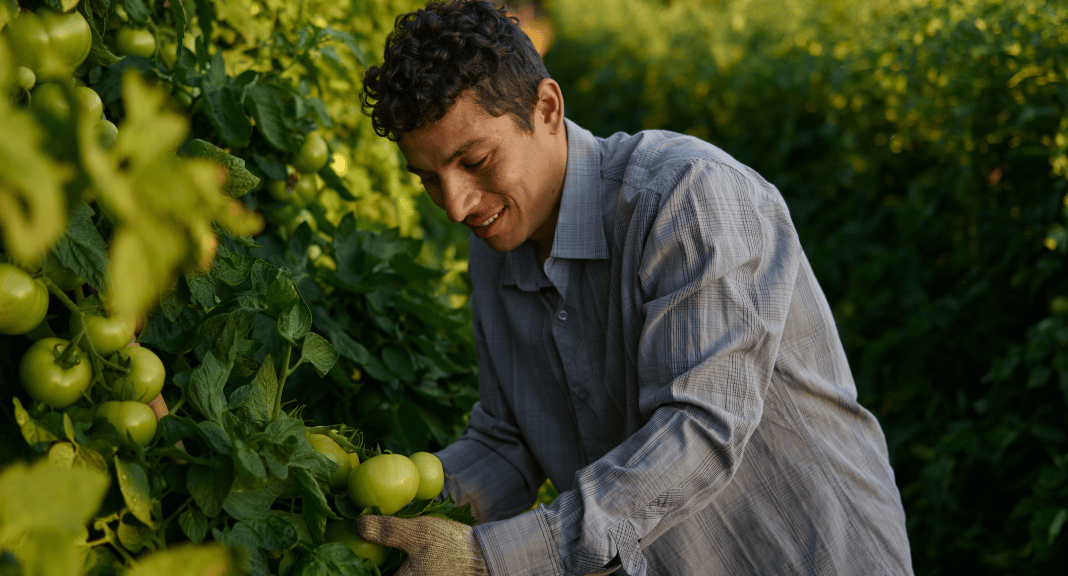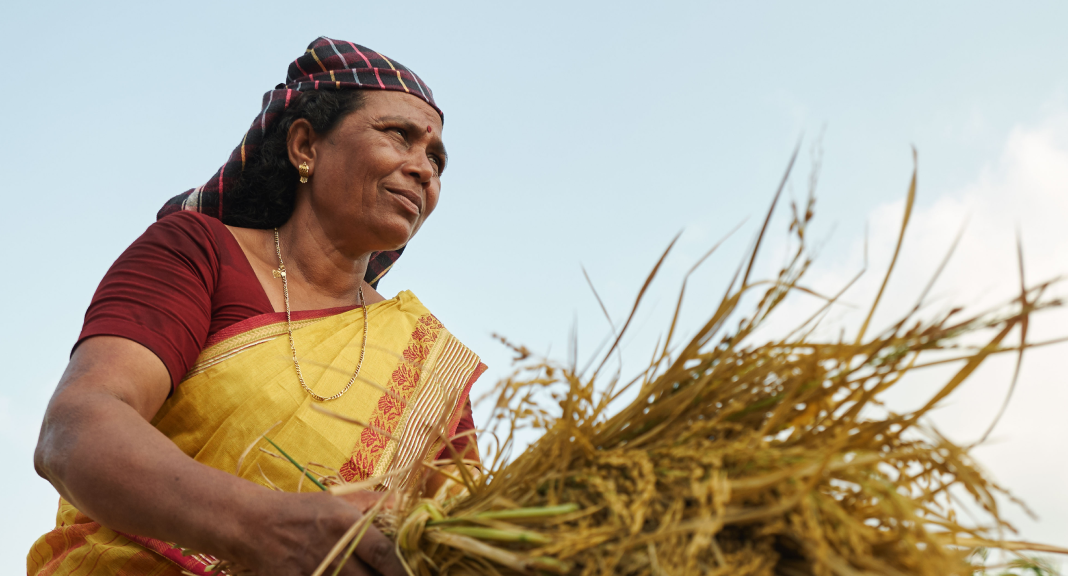Human rights due diligence
We welcome suppliers – and any other stakeholder – reporting any concerns via the Company’s confidential, anonymous, and multilingual hotline or web reporting form. The Company does not tolerate retaliation against anyone who in good faith reports suspected misconduct or anyone who assists with an investigation.
We work with business partners who share our commitment to the highest ethical standards. This includes those committed to the protection and advancement of human rights, with a zero tolerance of the use of forced labor, slavery, human trafficking, the exploitation of children, or their engagement in hazardous work.
As a member of the United Nations Global Compact (UNGC), Corteva is committed to aligning our operations and strategies with its principles on business and human rights, including the “protect, respect, and remedy” framework and its principles of due diligence.
Suppliers are required to agree or attest to Corteva’s Supplier Code of Conduct within their contract terms, including acknowledging our zero-tolerance policy on human rights violations. Together with our worldwide subsidiaries, we require that all global vendors, contractors, and suppliers of any product or raw material, wherever it originates, apply our Human Trafficking, Child Labor and Forced Labor Principles. These expressly outline zero tolerance and if any claim against them was found to be true, would ultimately lead to the termination of the contract. Additionally, it is the responsibility of local management to implement and ensure compliance with these principles at our facilities in each region around the world.
We assess our own business as well as those acting on our behalf within our supply chain. To identify human rights concerns, we have a grievance mechanism in place to elevate concerns regarding adverse human rights impacts. We choose to work with business partners who share our commitment to the highest ethical standards. We are committed to the protection and advancement of human rights and will not tolerate the use of forced labor, slavery, human trafficking, the exploitation of children, or their engagement in hazardous work. Evaluations of suppliers and business partners are integrated into our supply chain and procurement processes, which provide mechanisms to address human rights concerns throughout our value chain.
Supplier sustainability risk assessments
Through Together for Sustainability (TfS), we undertake rigorous assessments and audits of our supply base, examining suppliers’ approach to the environment, social responsibility, ethics, and the supply chain. Assessment methodology is built on international standards, including the Global Reporting Initiative (GRI), UNGC, Responsible Care® principles and ISO26000. Evaluation criteria include policies, actions, and results. Documentary evidence is required, and third-party certifications are considered.
Performance is assessed in the areas of management, environment, health and safety, labor and human rights, and issues of ethical corporate governance. The measures introduced are then reviewed via reassessments or audits. A scorecard, including overall assessment score, score by category, and any strengths or improvement opportunities, is created. A corrective action plan is put in place where required. Follow-up monitoring and subsequent supplier management are the responsibility of the individual member companies. An online platform is used to make the results available to all members of the initiative.
TfS community member KPIs | Description | 2024 target | 2024 target achieved by |
|---|---|---|---|
KPI1 | TfS assessments actively managed by TfS members | 18,000 | 115% |
KPI2 | TfS assessments conducted and shared across TfS members | 12,000 | 114% |
KPI3 | Percentage of improved assessments | 60% | 108% |
TfS community member audit KPIs | Description | 2024 target | 2024 target achieved by |
|---|---|---|---|
KPI1 | TfS audits actively managed by TfS members | 1,200 | 101% |
KPI2 | TfS audits conducted and shared across TfS members | 550 | 108% |
Sustainability due diligence throughout our value chain
Sustainable design for farmers
Predictive Safety Center
Predictive insights to design, reduce risk, and advance sustainable solutions for all of Corteva's crop protection products
Germplasm predictive analytics
Integrates advanced breeding technologies and a century of germplasm expertise to enhance genetic gains
Internal production
Crop protection production and seed development
EHS&S process safety management (PSM)
Evaluates compliance with regulatory requirements, and Corteva policies and standards
Priority suppliers
e.g. chemical suppliers, raw material suppliers, and packaging suppliers
External manufacturing
Seed, crop protection, and biological crop health ingredients
Supplier Code of Conduct and self-assessment EcoVadis platform
Validated self-assessment to monitor environmental and social performance – more than 500 out of 23,000 system suppliers on the platform
Priority suppliers
e.g. chemical suppliers, raw material suppliers, and packaging suppliers
Supplier Code of Conduct and self-assessment EcoVadis platform
Validated self-assessment to monitor environmental and social performance – more than 500 out of 23,000 system suppliers on the platform
External manufacturing
Seed, crop protection, and biological crop health ingredients
Supplier Code of Conduct and self-assessment EcoVadis platform
Validated self-assessment to monitor environmental and social performance – more than 500 out of 23,000 system suppliers on the platform
1. Products
Sustainable innovation criteria
2. Packaging
Circular packaging strategy
3. Measuring circularity
Life Cycle Assessment (LCA) competency
Circular economy strategy
- Sustainable innovation criteria
- Global packaging roadmap and action plan
- LCA competency
- Learn more about circular economy





